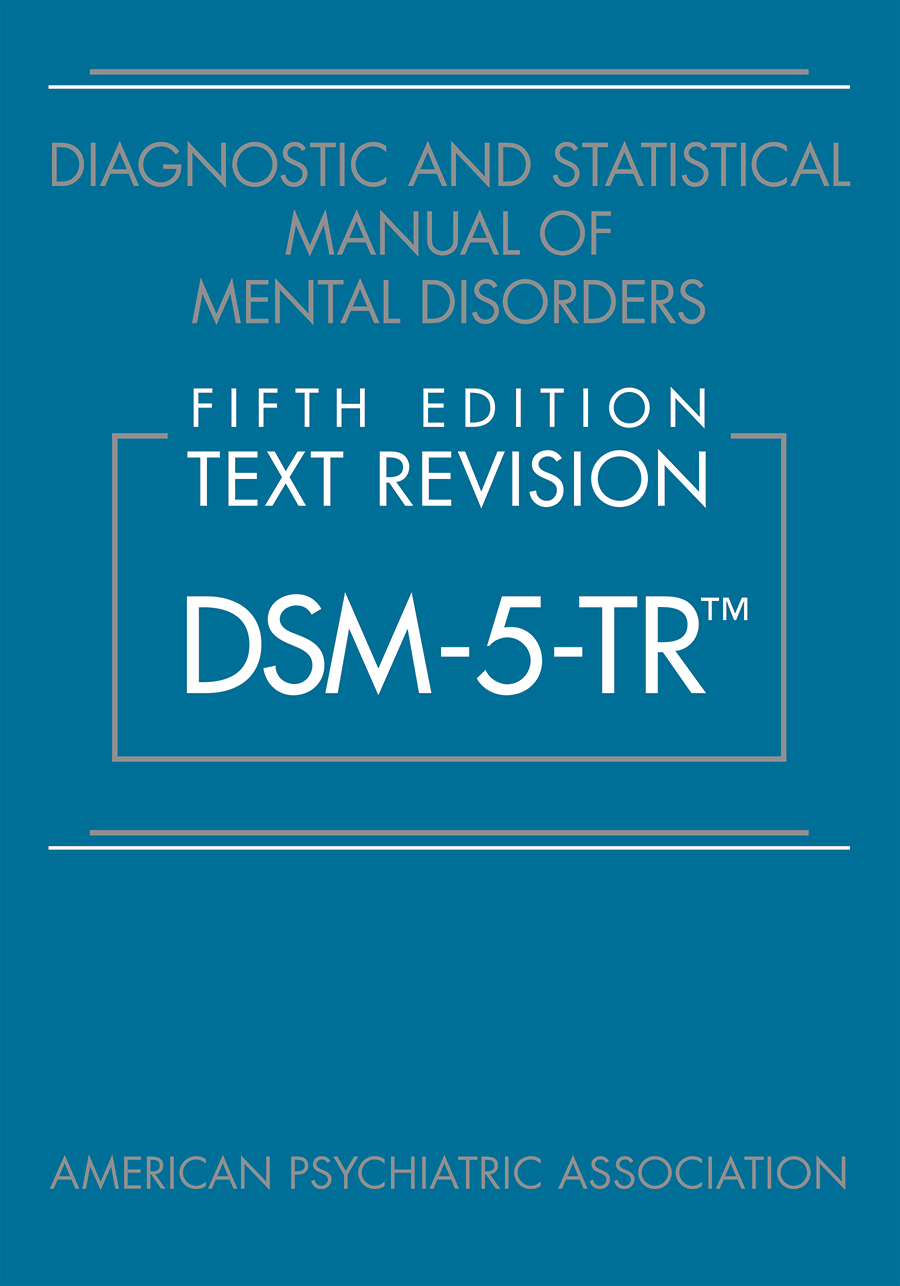Neurodevelopmental Disorders
Sections
Excerpt
The neurodevelopmental disorders are a group of conditions with onset in the developmental period. The disorders typically manifest early in development, often before the child enters school, and are characterized by developmental deficits or differences in brain processes that produce impairments of personal, social, academic, or occupational functioning. The range of developmental deficits or differences varies from very specific limitations of learning or control of executive functions to global impairments of social skills or intellectual ability. Once thought to be categorically defined, more recent dimensional approaches to measurement of the symptoms demonstrate a range of severity, often without a very clear boundary with typical development. Diagnosis of a disorder thus requires the presence of both symptoms and impaired function(Thapar et al. 2017).
Access content
To read the fulltext, please use one of the options below to sign in or purchase access.- Personal login
- Institutional Login
- Sign in via OpenAthens
- Register for access
-
Please login/register if you wish to pair your device and check access availability.
Not a subscriber?
PsychiatryOnline subscription options offer access to the DSM-5 library, books, journals, CME, and patient resources. This all-in-one virtual library provides psychiatrists and mental health professionals with key resources for diagnosis, treatment, research, and professional development.
Need more help? PsychiatryOnline Customer Service may be reached by emailing [email protected] or by calling 800-368-5777 (in the U.S.) or 703-907-7322 (outside the U.S.).



